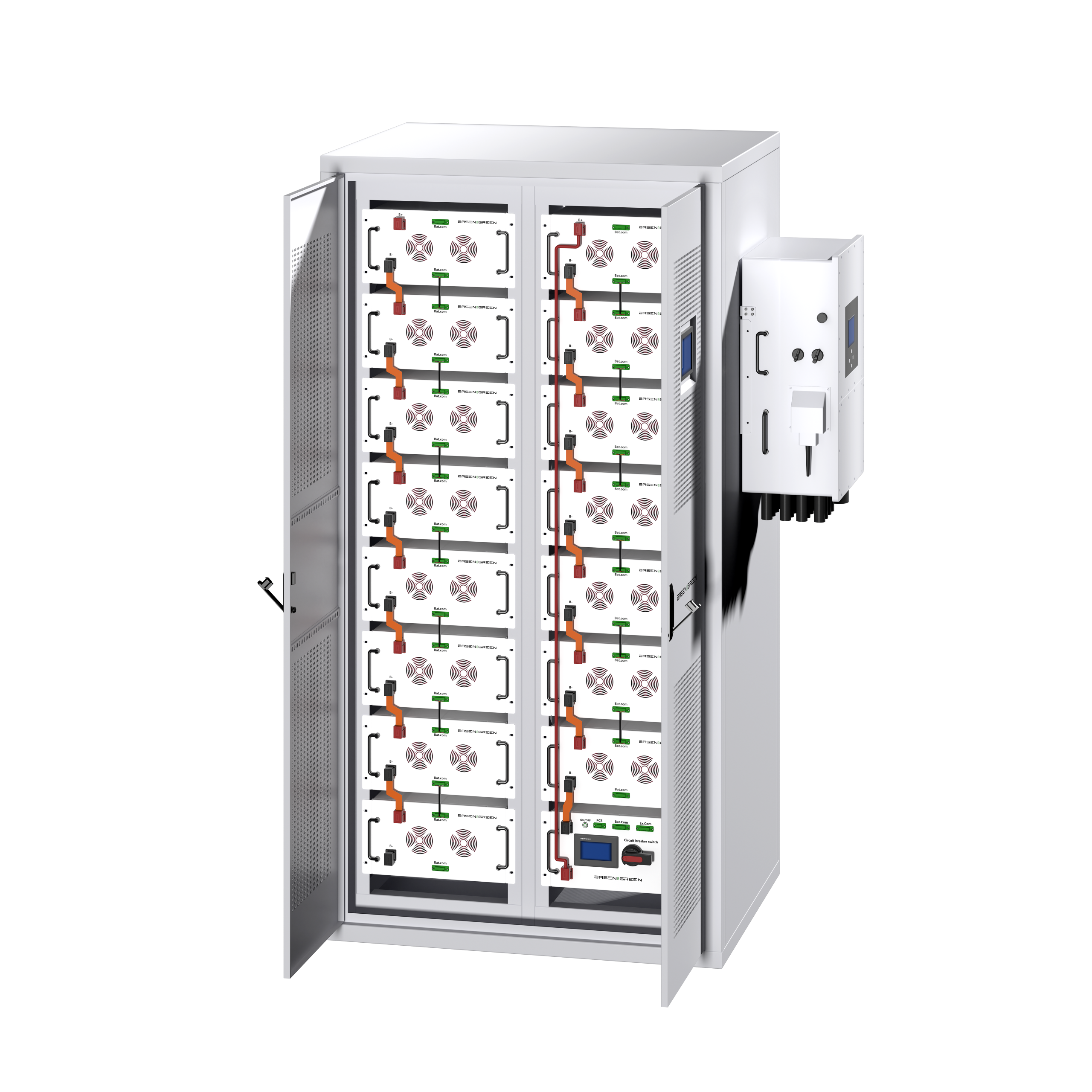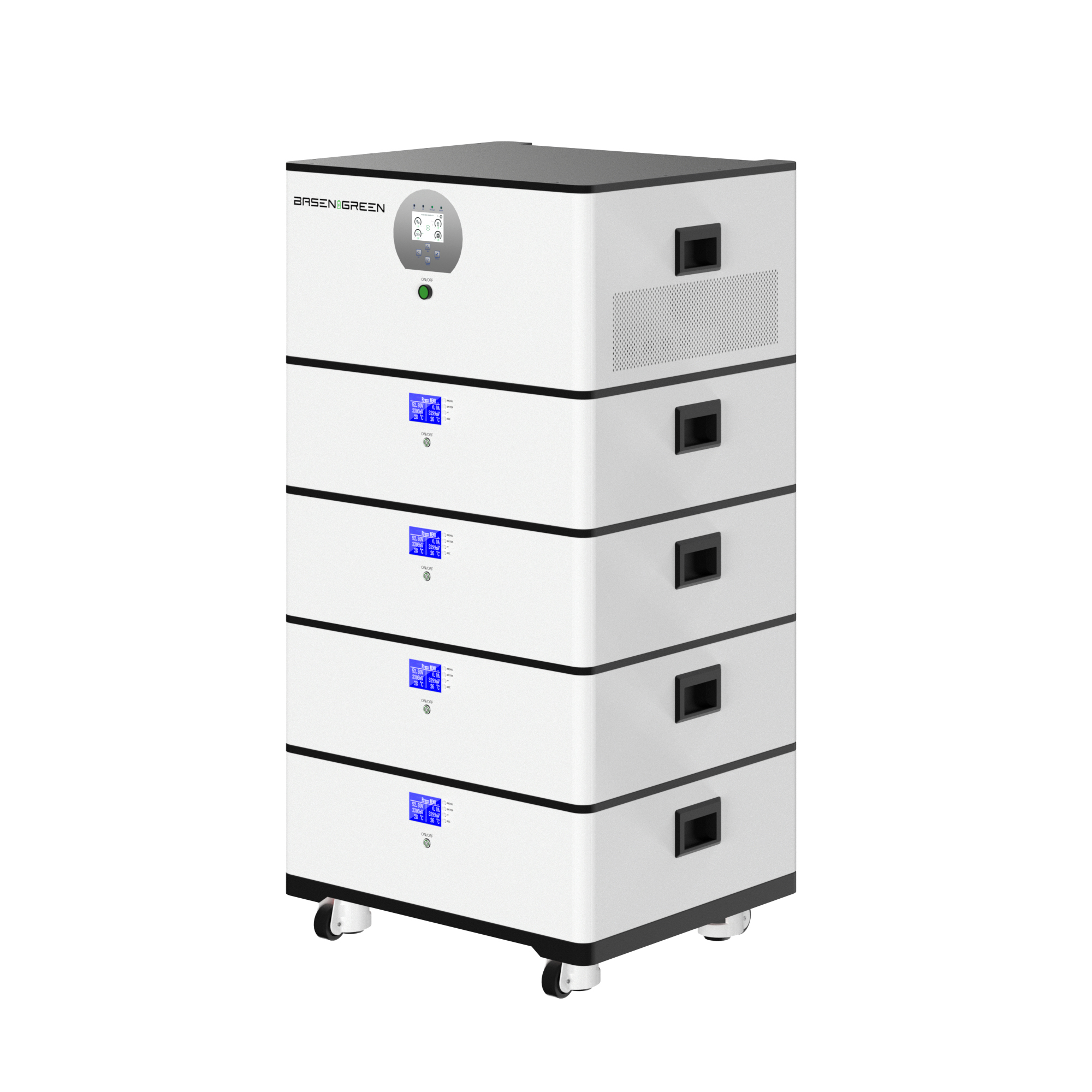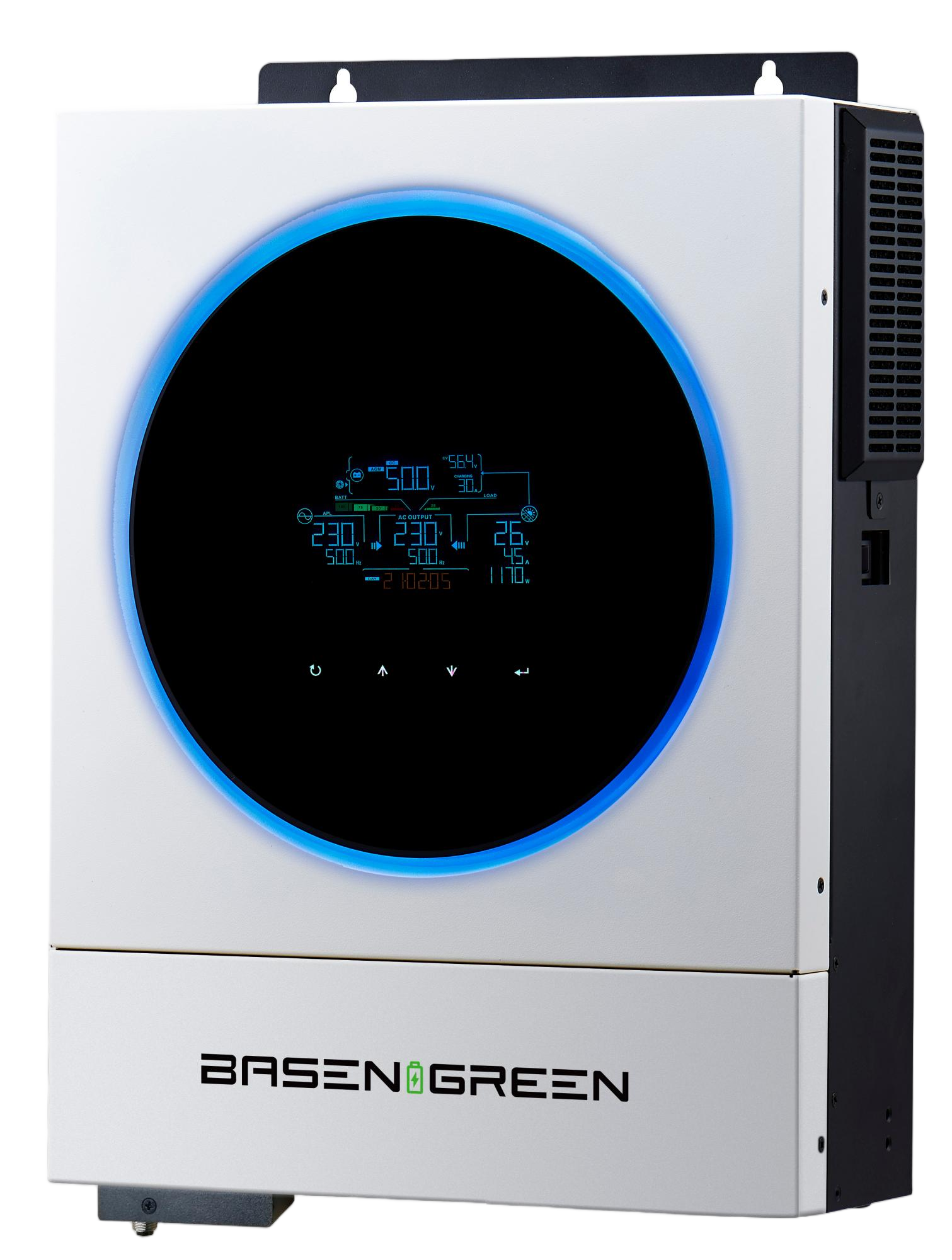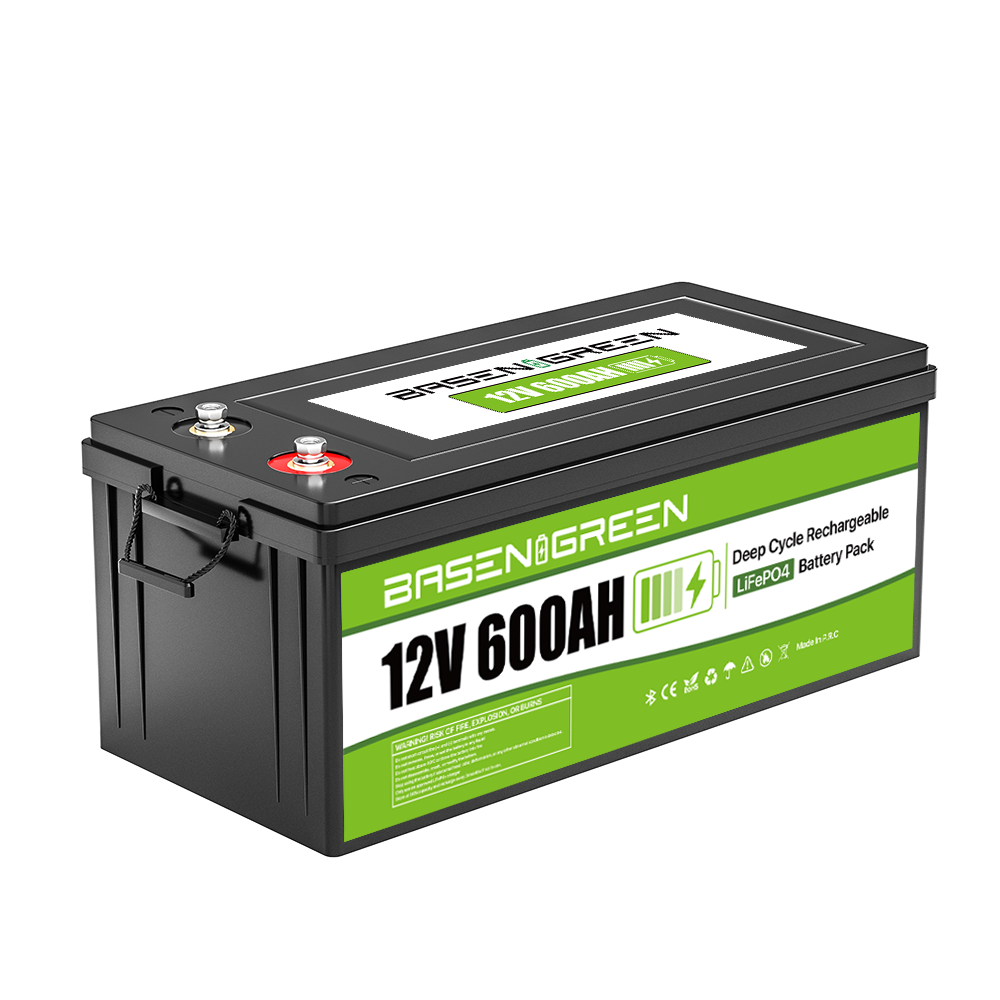IP65 vs. IP66 Waterproof Ratings for Deye and SunGrow Inverters in Rainy Climates
When it comes to selecting an inverter for solar energy systems, especially in regions with heavy rainfall, understanding the waterproof ratings of your equipment is crucial. Inverters are essential for converting solar energy into a usable form, but they are also susceptible to damage from moisture and water ingress. The IP (International Protection) rating system is a standardized way to determine the level of protection an electrical device has against water and dust. , we will explore the differences between IP65 and IP66 ratings, focusing on how Deye and SunGrow inverters perform in rainy climates.
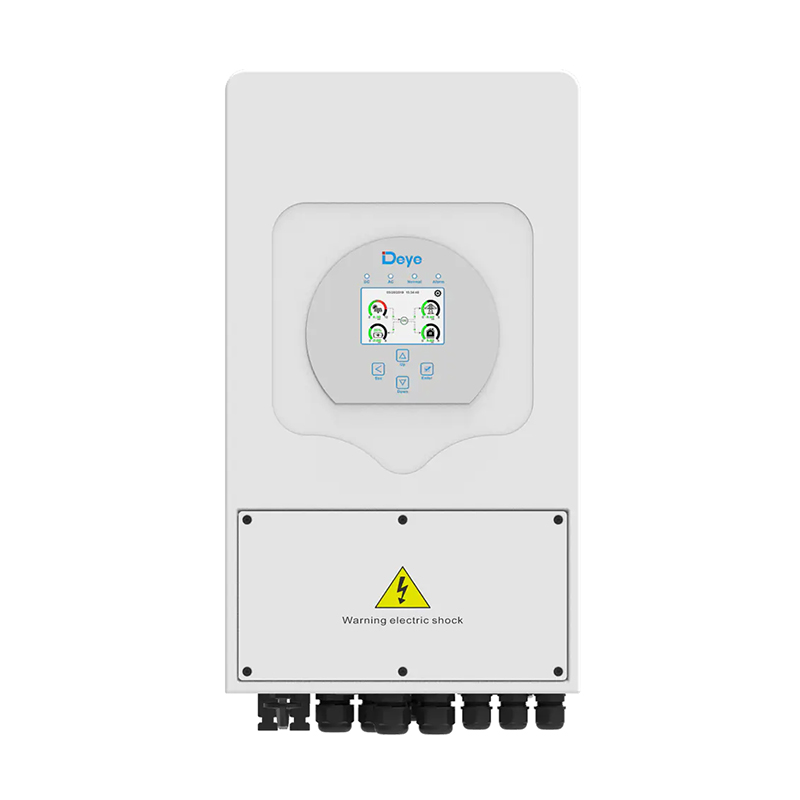
What Are IP Ratings?
The IP rating system consists of two numbers: the first number indicates the level of protection against solid particles (like dust), while the second number indicates protection against liquids (like water). The higher the number, the greater the level of protection.
IP65: The “6” means the device is completely protected against dust, and the “5” means it can withstand low-pressure water jets from any direction without harmful effects. IP66: The “6” again means complete protection against dust, while the “6” for water means it can withstand high-pressure water jets and prolonged exposure to water without damage.IP65 vs. IP66: What’s the Difference?
The primary difference between IP65 and IP66 lies in their water resistance. IP65 is suitable for environments where occasional exposure to water is expected, such as splashes or light rain. IP66, on the other hand, is designed for more harsh conditions, including heavy rain, strong water jets, and even temporary immersion in water.
In the context of inverters, which are often installed outdoors, the choice between IP65 and IP66 can significantly impact the longevity and reliability of the device. For regions with heavy rainfall, IP66-rated inverters are generally recommended to ensure optimal performance and protection against water damage.
Deye and SunGrow Inverters: Which One is Better in Wet Conditions?
Both Deye and SunGrow are reputable brands known for producing high-quality inverters. However, their specific models may differ in terms of IP ratings and performance in rainy climates.
Deye Inverters:Deye inverters are known for their robust build and reliability. Many of their models are designed with advanced cooling systems to handle high temperatures, which also contributes to their ability to withstand moisture. Deye offers a range of inverters with varying IP ratings, including IP65 and IP66 options. For areas with moderate rainfall, the IP65-rated Deye inverters may suffice. However, for regions with heavy and persistent rain, the IP66-rated models are a better choice.
SunGrow Inverters:SunGrow inverters are also highly regarded in the solar industry, known for their efficiency and durability. SunGrow offers a wide range of inverters catering to different needs, including those with IP65 and IP66 ratings. Similar to Deye, SunGrow’s IP66-rated inverters are ideal for rainy climates, as they can handle prolonged exposure to water and high-pressure jets without compromising performance.
Choosing the Right Inverter for Your Climate
When selecting an inverter for a region with heavy rainfall, it is essential to consider the specific challenges posed by the environment. Factors such as the intensity of rainfall, humidity levels, and the likelihood of water exposure should all be taken into account.
IP65: Suitable for areas with occasional rainfall or light moisture. These inverters are cost-effective and provide adequate protection in less demanding environments. IP66: Ideal for regions with heavy rainfall, frequent thunderstorms, or high humidity. These inverters are more robust and can withstand prolonged exposure to water, making them a safer choice in challenging conditions.Inverters are a critical component of any solar energy system, and their ability to withstand water and dust ingress is vital for their longevity and performance. When choosing between IP65 and IP66 ratings for Deye and SunGrow inverters, it is essential to evaluate the specific needs of your environment. For rainy climates, IP66-rated inverters offer superior protection and are a more reliable choice for ensuring the durability and efficiency of your solar system. Always consult with a professional to determine the best option for your specific setup and location.


